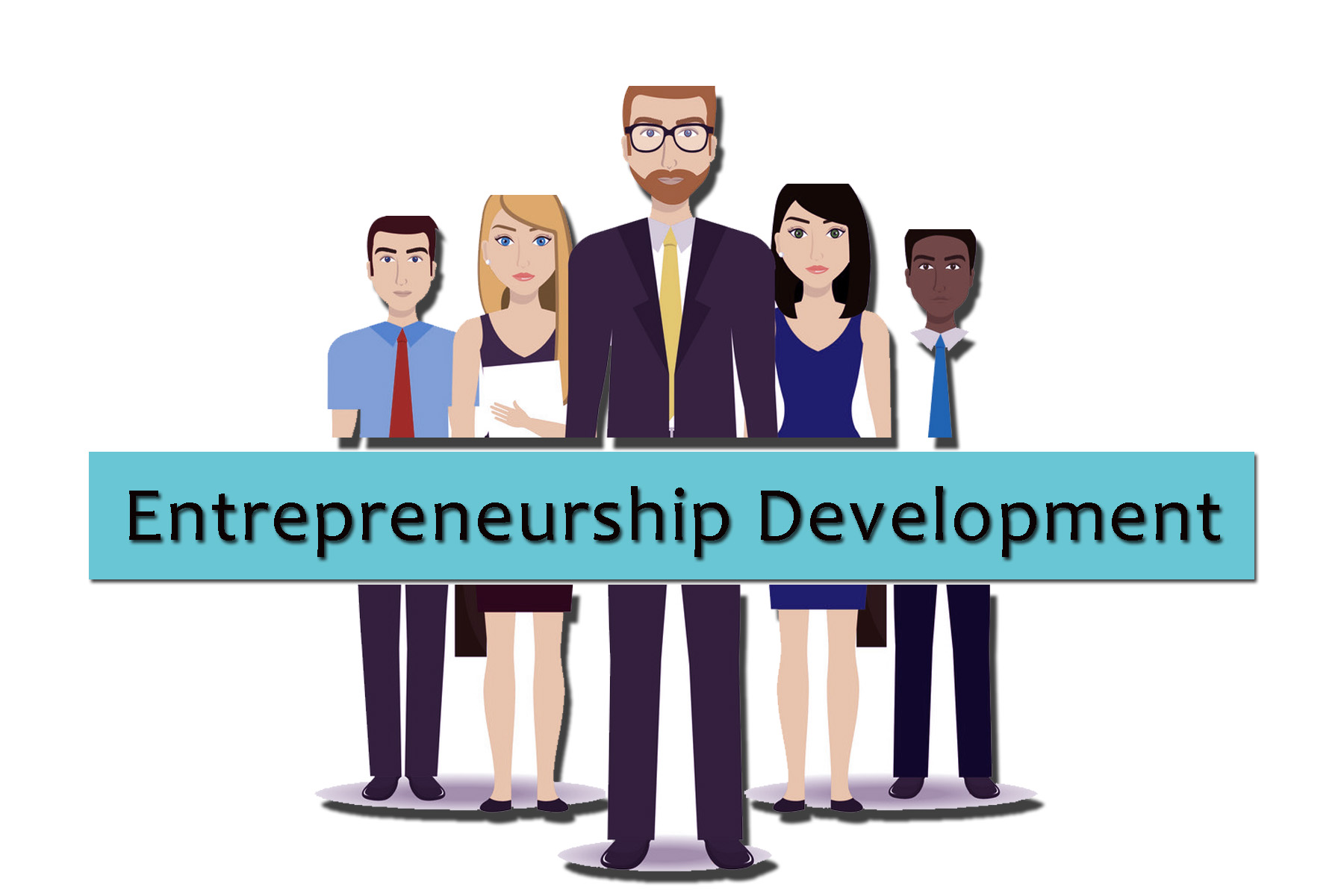Self-sufficiency: Al-Habibiyyah trains imams, others in entrepreneurship, IT
The Al-Habibiyyah Islamic Society (AIS) has trained hundreds of imams, and other religious leaders in entrepreneurship, information technology (IT), and other skills to enhance their financial independence and strengthen their positive spiritual impact. Speaking at the “Digital Skills for Youth” programme in Abuja on Wednesday, the National Chief Imam of the society, Sheikh Fuad Adeyemi, […]

The Al-Habibiyyah Islamic Society (AIS) has trained hundreds of imams, and other religious leaders in entrepreneurship, information technology (IT), and other skills to enhance their financial independence and strengthen their positive spiritual impact.
Speaking at the “Digital Skills for Youth” programme in Abuja on Wednesday, the National Chief Imam of the society, Sheikh Fuad Adeyemi, said the training aims to empower youth by promoting digital literacy, financial independence and economic contribution to the nation.
“In addition to training youth, we are also equipping imams to speak out against corruption while becoming self-sufficient through entrepreneurship,” Sheikh Fuad said.
“It is important for imams to have a source of income alongside their religious duties. Alhamdulillah, many imams now manage businesses alongside their religious work, allowing them to speak the truth without fear of external influences,” he added.
- Hardship: It’s time to review your policies, PDP BoT tells Tinubu
- Plus Wallet Redefines Crypto Management with its Fast Listings & Rewards System While WallitIQ & Token Unlocks Shake Up The Market
Sheikh Fuad noted that the training extends beyond the youth to include younger children, instilling an early awareness of anti-corruption values at home.
Addressing the digital skills component, he emphasised the importance of thinking innovatively in response to the nation’s current challenges.
“By positively engaging young people with digital skills, they can become self-reliant and contribute meaningfully to society,” he said.
He said the society has been conducting training for the past six years under the “Project Eat Halal” initiative.
The current digital training programme, which has already reached over 250 youths in Abuja, Lagos, Sokoto, Osun and Kaduna, marks the final phase of the project.
